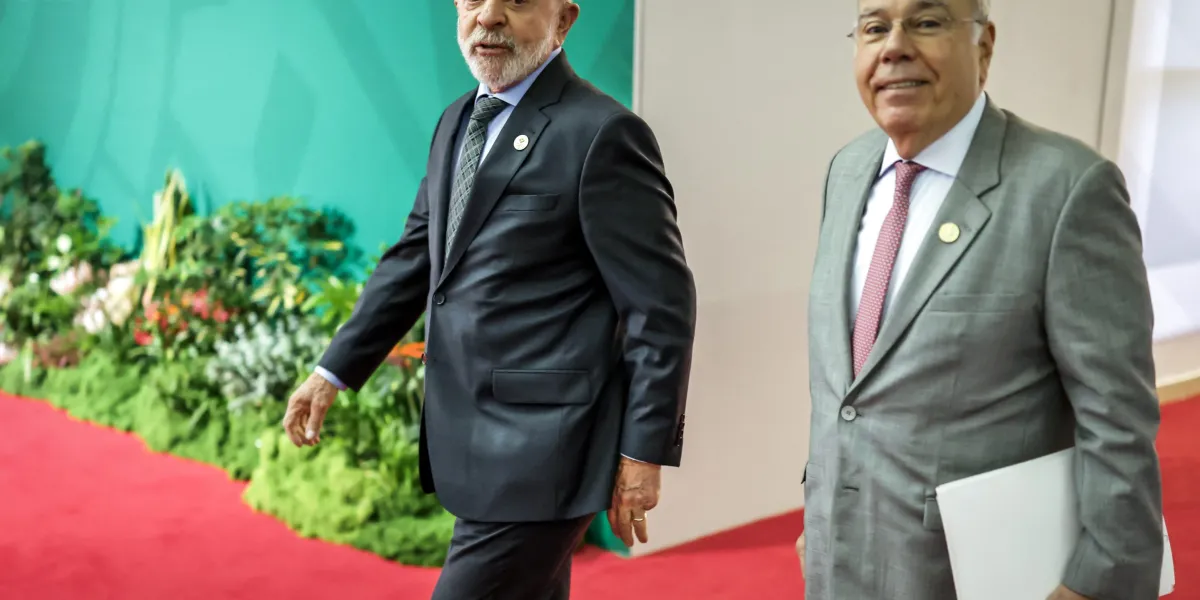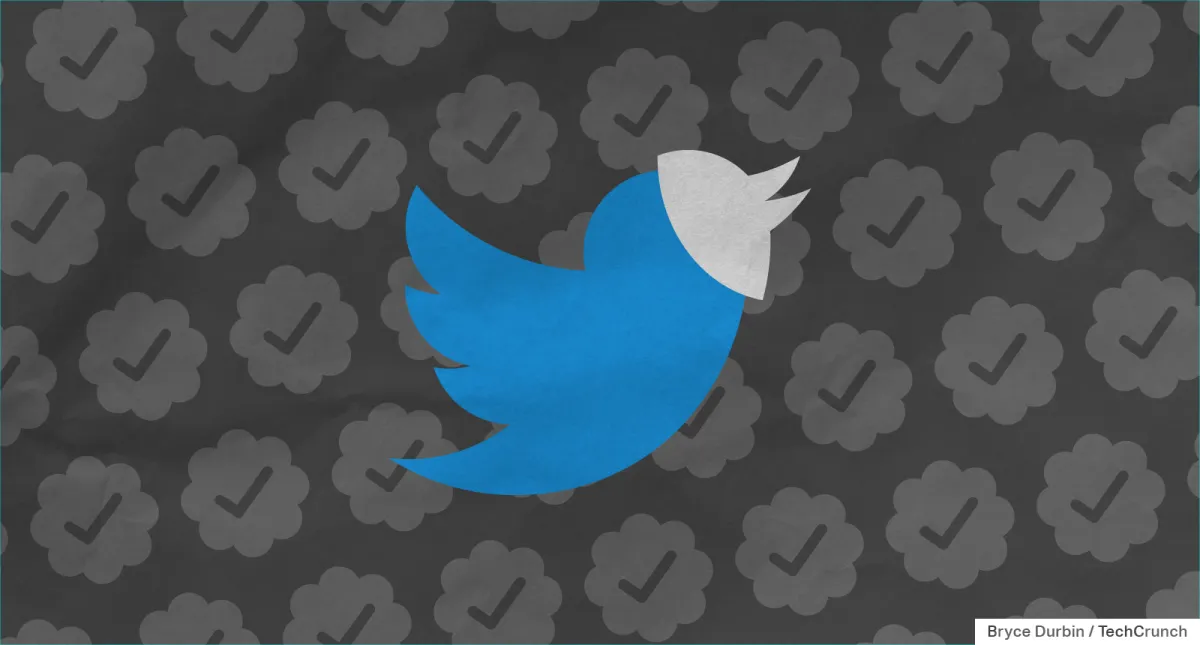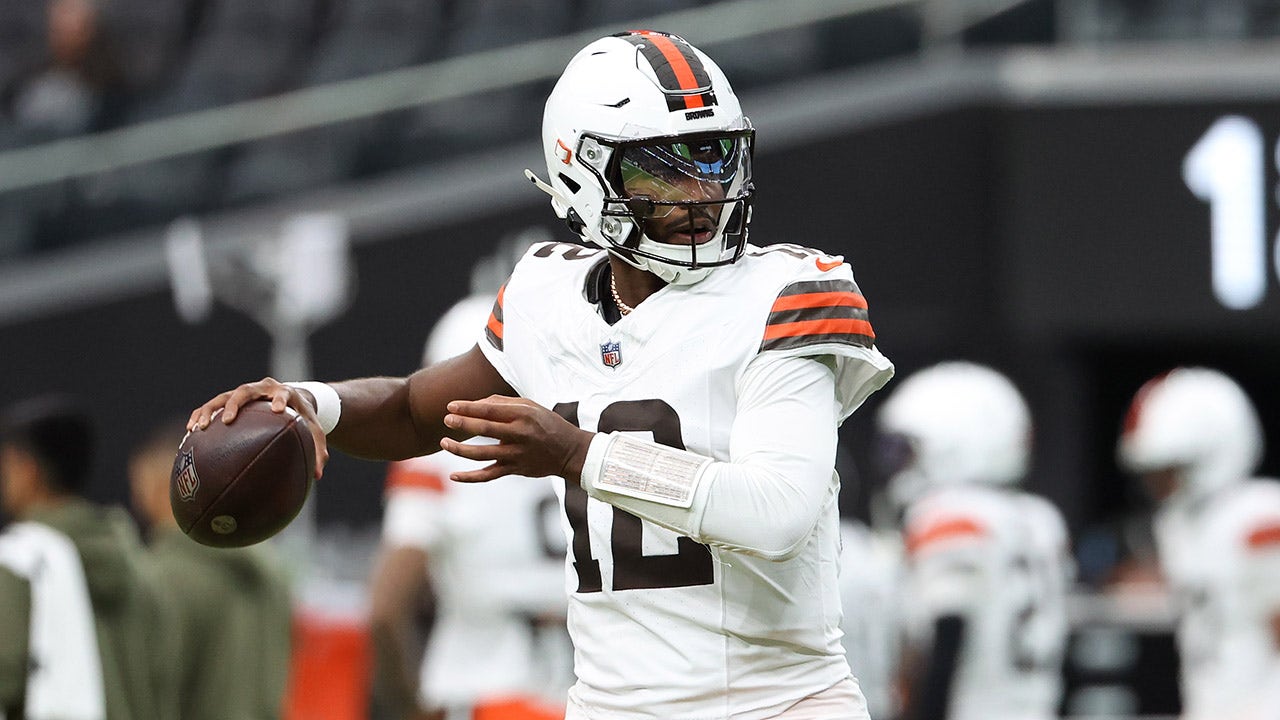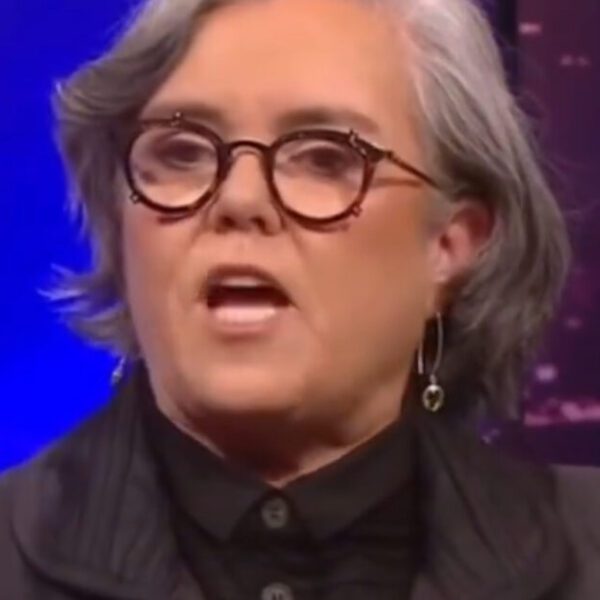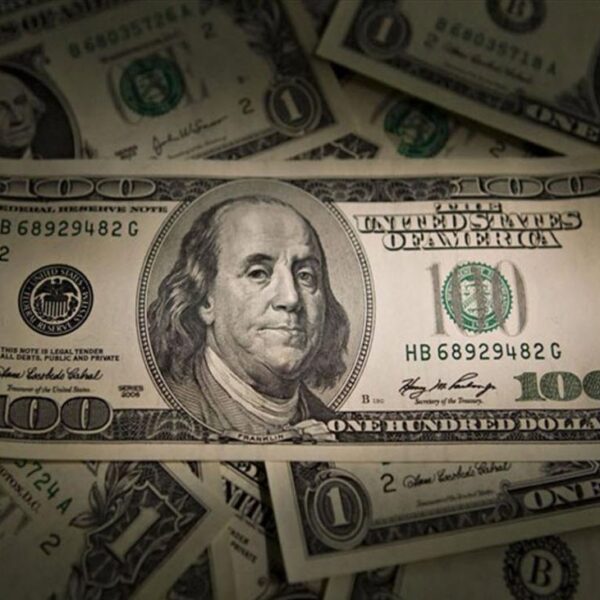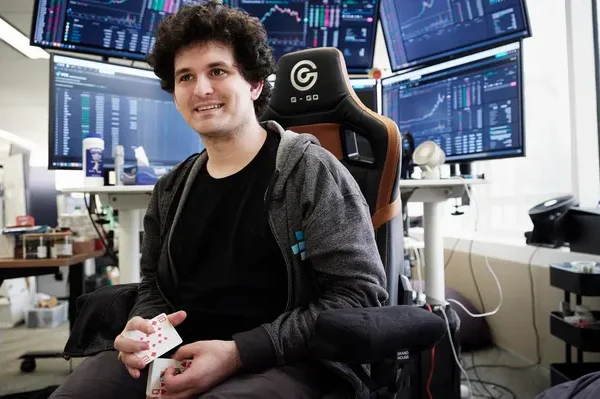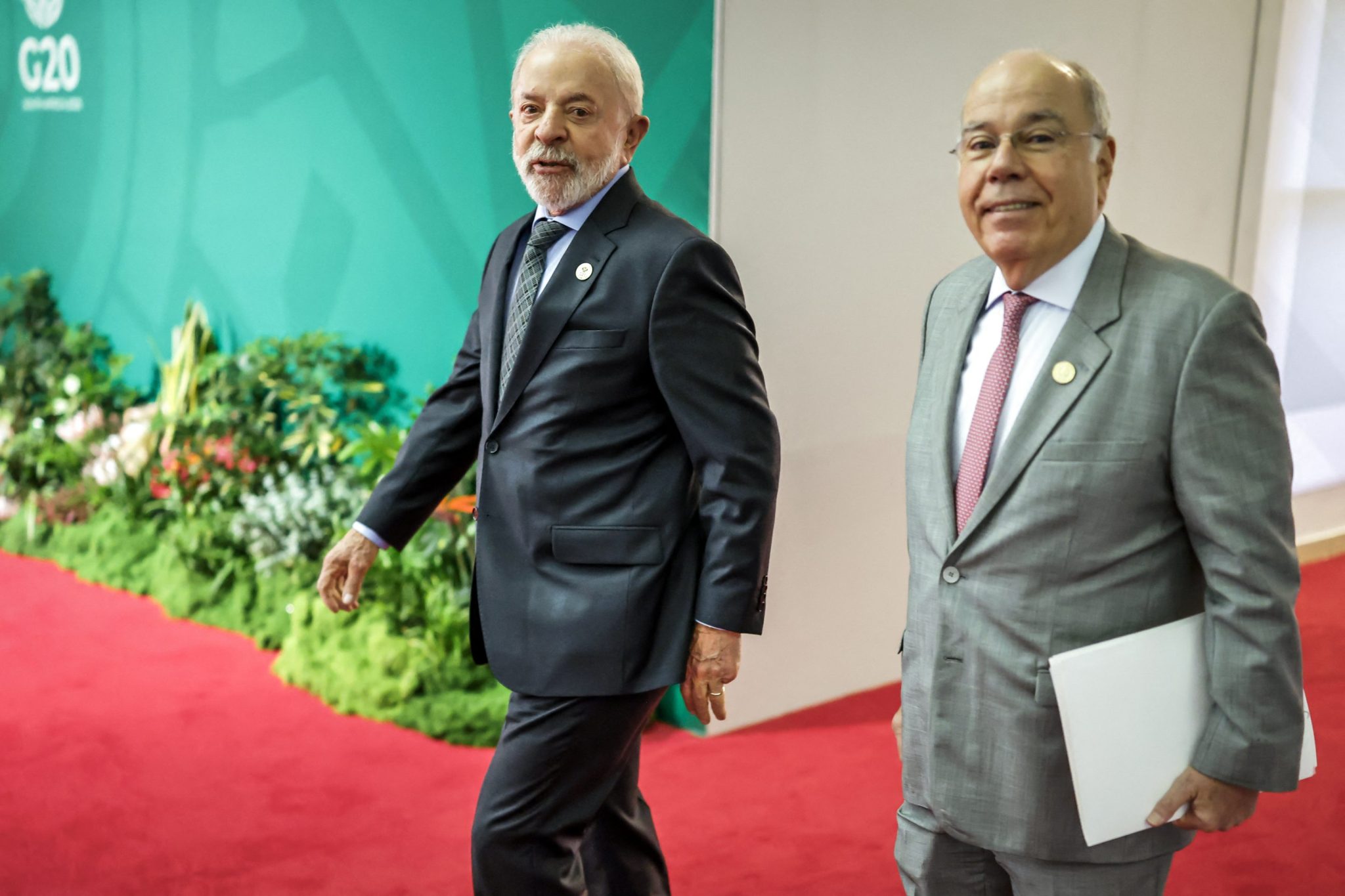
U.S. President Donald Trump’s targeted attacks against three of the world’s major emerging economies are prompting leaders of those countries to forge closer ties and push back against his aggressive trade policies.
Leaders from India, Brazil and South Africa met in Johannesburg on the sidelines of the Group of 20 summit on Sunday to give greater importance to a trilateral grouping, the so-called IBSA forum. It’s the first time in more than a decade that the leaders are gathering under the auspices of the grouping, although foreign ministers have done so regularly over the years.
Trump has upended Washington’s decades of careful diplomacy to cultivate relations with the three major emerging markets. He’s targeted them with high tariffs and publicly rebuked the leaders for their domestic policies. The US president snubbed the G-20 summit in Johannesburg this weekend in a blow to South Africa and other developing nations pushing to curb global inequality.
“Our grouping affirms that diversity is not a fault line but a source of strength,” South African President Cyril Ramaphosa said in opening remarks at the IBSA meeting. “We must position ourselves as co-architects of a more representative and responsive multilateral system.”
The absence of Chinese President Xi Jinping from the summit — only the second time he’s skipped the G-20 forum — may have also been an opening for the three leaders to revive their trilateral grouping. Normally, Xi would huddle with Modi, Ramaphosa and Lula as part of the BRICS grouping alongside Russia, whose leader Vladimir Putin hasn’t attended the G-20 in years.
Xi has often taken a leading role in forums such as BRICS and the Shanghai Cooperation Organization that he’s cultivated as a counterweight to the US-led world order. He’s also been one of the few politicians to successfully stand up to Trump’s tariffs this year.
China’s Foreign Ministry didn’t reply to a request for comment made outside working hours.
VIDEO | Johannesburg: PM Narendra Modi (@narendramodi) participates in the IBSA Leaders’ Meeting in South Africa.
IBSA – a trilateral forum comprising India, Brazil, and South Africa – focuses on South-South cooperation, global governance reforms, and strengthening collaboration… pic.twitter.com/WGFxk3JzaX— Press Trust of India (@PTI_News) November 23, 2025
BRICS, however, has become dominated by the agendas of China and Russia, and its membership has grown rapidly over the years beyond the five founding nations to include countries like Iran and Ethiopia.
The smaller IBSA grouping gives the three leaders the ability to coordinate steps in a smaller forum, where it can execute policies faster.
“South Africa, which was previously happy to subsume IBSA under BRICS, is looking at a more coherent grouping,” said Syed Akbaruddin, a former Indian envoy to the United Nations, who now teaches at the Kautilya School of Public Policy.
South Africa proposed reviving the IBSA leaders meeting on the sidelines of the G-20, viewing the smaller bloc as more agile in taking decisions around trade, market access and investments, according to Indian diplomats familiar with the matter, who asked not to be identified because the discussions are private.
Ben Joubert, a South African foreign affairs official, said in the trilateral grouping “it is quite easy to get consensus and move forward on the issues which are important to us.”
“The geoeconomic and geopolitical challenges that we have in the world are now driving the need to coordinate better and bring IBSA to the fore,” he said in an interview Sunday in Johannesburg. “We are going to put all efforts on the table to pronounce and promote our cooperation.”
Brazil’s President Luiz Inacio Lula da Silva said it was important for IBSA to have an agenda that’s different to BRICS.
“I believe that if IBSA insists on duplicating the BRICS agenda, we will remain in its shadow,” Lula said Sunday. “I think we leave this meeting with homework: To begin a deep reflection on future paths for IBSA, with a view toward our next summit.”
Trump’s Tariffs
The IBSA forum last hosted a leaders meeting in South Africa in 2011. Formed in 2003, the three-country grouping primarily coordinates on issues of global governance and promotes South-South cooperation, including through joint-funding of development projects.
“We all agree that global institutions do not reflect the realities of the 21st century,” Modi said Sunday. He called the summit between South Africa, Brazil and India as “both historic and timely.”
Trump has punished India for its ties with Russia by imposing 50% tariffs on goods shipped to the US, and angered New Delhi with his repeated claims of brokering a ceasefire with Pakistan. In South Africa, Trump has boycotted the G-20 summit and made false allegations of a genocide of White farmers in the country.
The US president has also targeted Brazil with high tariffs to force it drop a trial against his friend, former leader Jair Bolsonaro, who is accused of plotting a coup against Lula. The Brazilian leader fought back against Trump, who has since moved to exempt many goods from tariffs in a win for the Brazilian leader.
The revival of the IBSA forum shows Trump’s actions are pushing developing countries to look at economic integration on their own.
The Johannesburg meeting is not expected to produce major deliverables, but will signal renewed cooperation among emerging economies.
India’s participation in IBSA and G-20 is “significant” as nations try “de-risking and diversifying supply chains,” said Veda Vaidyanathan, a fellow at the Centre for Social and Economic Progress, a New Delhi-based independent think tank.

